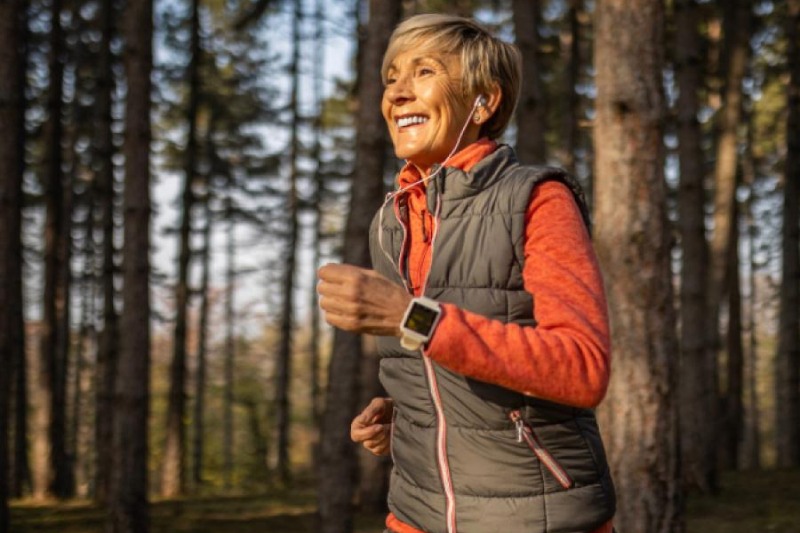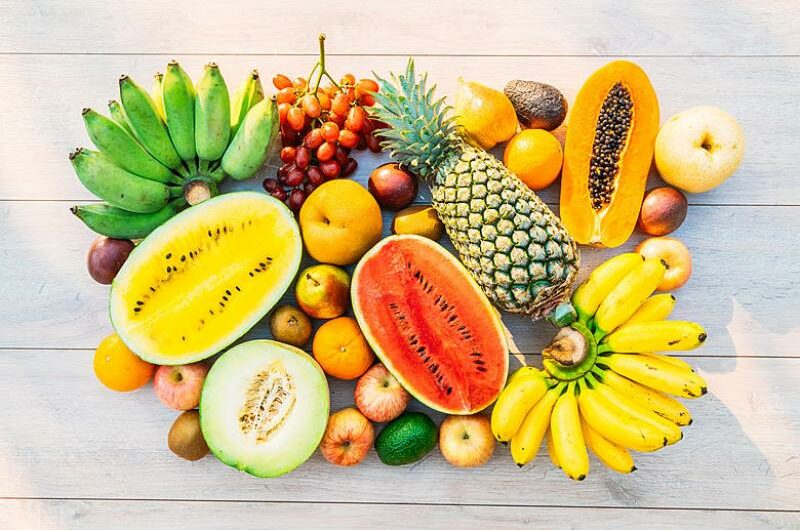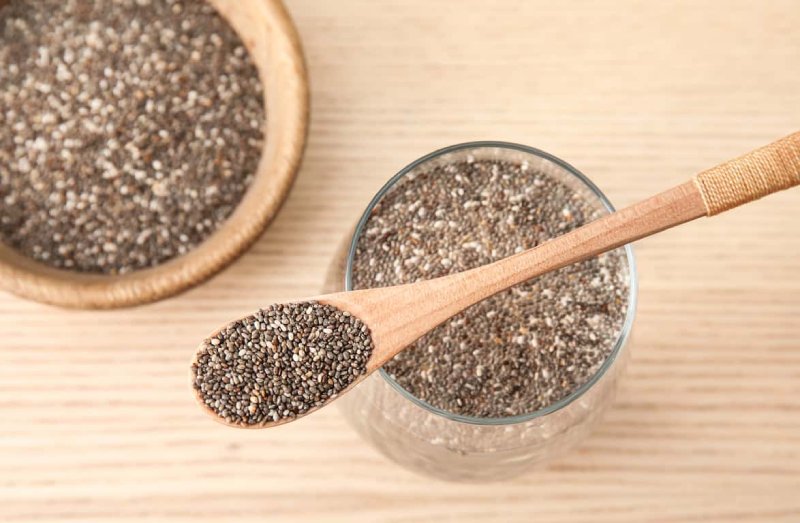It’s not always necessary to make big lifestyle changes to lower one’s risk of cancer; occasionally, little changes can have a big impact. The National Cancer Institute estimates that over 2 million cancer diagnoses and over 610,000 cancer-related deaths would occur in 2023. Consequently, preemptive measures are desperately needed. Remarkably, studies indicate that over 40% of cancer diagnoses and almost 50% of cancer-related fatalities were avoidable.
Even if survival rates have increased due to therapeutic improvements, prevention is still the most important factor in reducing the impact of cancer on society.
Preserving a Healthy Weight
Maintaining an active lifestyle and a healthy weight is one of the most significant lifestyle adjustments anyone can make. Research indicates that being overweight can result in elevated synthesis and release of hormones such as insulin and estrogen, which can promote the development of cancer. A balanced diet and regular exercise can help control weight, which lowers the risk of several cancers, including breast, prostate, lung, colon, and kidney cancers.
Stay Away of Tobacco Use
Almost thirty percent of cancer-related deaths are thought to be caused by tobacco use, which continues to be one of the world’s most common causes of avoidable cancer deaths. The negative effects of tobacco use are widely known, and they have been connected to a number of malignancies, including kidney, pancreatic, esophageal, lung, and mouth cancers. Reducing exposure to passive smoking and abstaining from all tobacco products, such as cigars, e-cigarettes, cigarettes, and chewing tobacco, are essential for reducing the risk of cancer.
Eat a Balanced Diet
A key factor in preventing cancer is adopting healthy eating habits. Antioxidants and vital nutrients found in a diet high in fruits, vegetables, whole grains, and legumes can help prevent cancer. Furthermore, adding spices like ginger, garlic, and turmeric to food has possible anticancer benefits in addition to enhancing flavor. Since low vitamin D levels have been associated with an increased risk of pancreatic, colon, and breast cancer, getting enough of it is equally crucial.
Protect Your Skin from the Sun
Preventing skin cancer, the most prevalent type of cancer globally, requires shielding the skin from damaging UV rays. While allowing for sufficient absorption of vitamin D from sunshine, straightforward precautions like wearing protective clothes, looking for shade, and using sunscreen can greatly lower the chance of developing skin cancer.
Encourage Regular Examinations and Screenings
The prevention and early detection of cancer depend heavily on routine screenings and self-examinations. Screenings for lung, colorectal, breast, and cervical cancer are advised by medical specialists in order to identify anomalies early on, when treatment is most successful.
Get Vaccinated
In summary, daily decisions and behaviors have the ability to lower the risk of cancer, despite the frightening statistics. Through proactive measures such as simple lifestyle alterations, people can prioritize prevention and reduce their vulnerability to this disease. For a prompt diagnosis, it is necessary to supplement these efforts with routine medical examinations and screenings. The fight against cancer can be waged with greater resiliency and hope for a healthy future by combining early detection and prevention.
Topics #cancer #Healthy Routines










